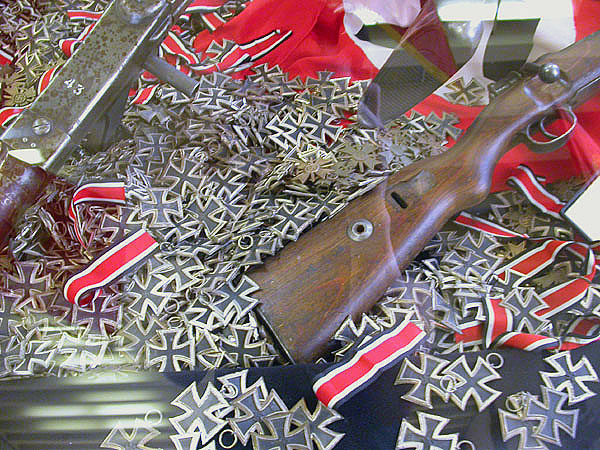In Lord of Rings, the plot revolves around an attempt by all parties to control Sauron’s ring of power. The ring is an item unique in all the world. Whomever controls that one item rules the world.
This plot device of unique item is fairly common in literature and movies. Hitchcock called it a McGuffin. Every character has to be looking for that unique item.
It’s not just fantasy items like magic rings and swords that get that treatment. Technology does too. Most James Bond movies feature some piece of technology so unique that control of it will lead to world domination.
All this would just be of interest to students of fiction, except that for a large section of the population the gut feel for how technology actually works comes from works of fiction. Most people in the contemporary world have no direct experience with researching, creating or manufacturing actual technology. They may use it but they don’t understand how it comes to be. It is very easy for people to think of technological items like nuclear reactors or computers in the same way as they see them portrayed in the movies.
It’s very clear from reading the ongoing debate about the extent of Saddam’s WMDs that most people have absolutely no idea of the technological issues involved. Most people, even major politicians and media figures talk about WMDs as if they were McGuffins. They act as if we expected to find a giant throbbing orb in an underground base under Baghdad that had WMD written on it. They think that WMDs were discrete objects or things that could be located and controlled.
Technology doesn’t work like that.
Read more
